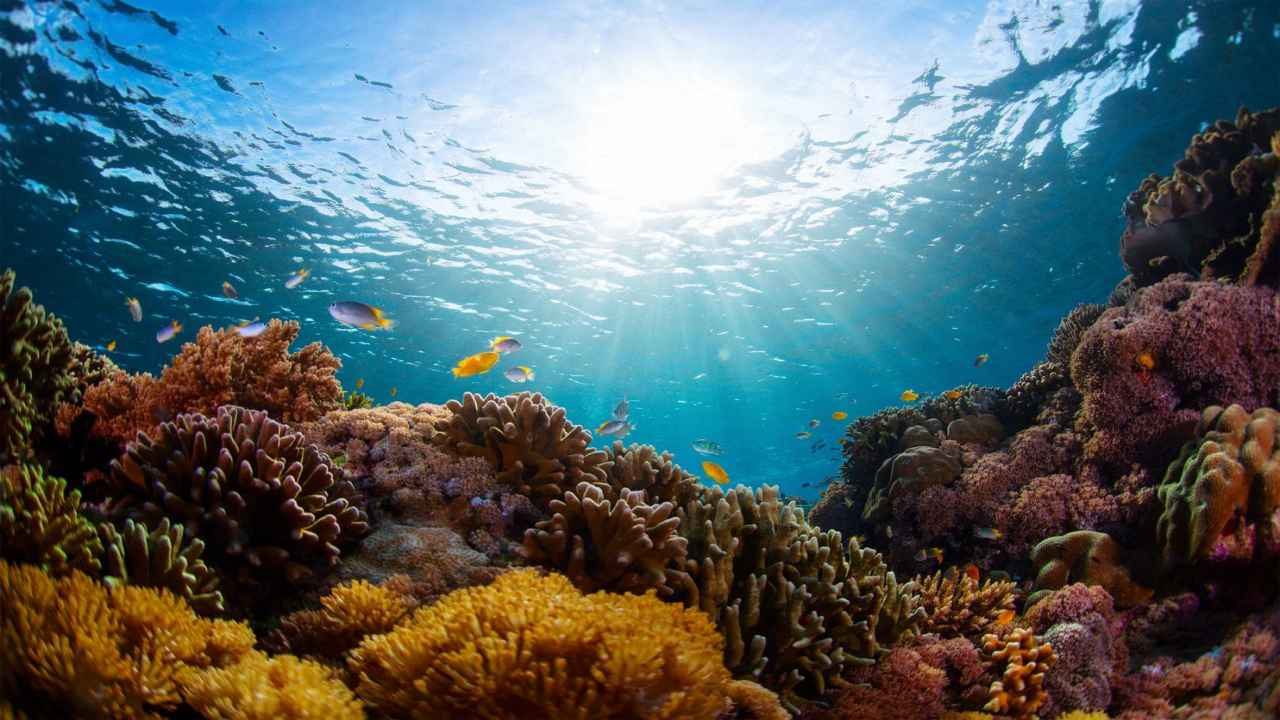Average temperatures have been rising on over the globe and we can feel things going south a little more every day. But had it not been for the oceans, the situation would have been worse.
According to a report, world’s oceans absorb carbon dioxide that would otherwise stay afloat in the atmosphere. Between the years 1994 and 2007, oceans absorbed a whopping 34 gigatonnes of carbon dioxide. The figures comes down to 31 percent of what gets into the atmosphere by the people.
“It’s a huge service the oceans are doing that significantly reduces global temperature,” Richard Feely, senior scientist at the National Oceanic and Atmospheric Administration (NOAA) Pacific Marine Environmental Laboratory.
According to the study, Carbon dioxide gets dissolved in the ocean’s surface water.
The study which was conducted on over 100,000 seawater samples from all parts and depths of the ocean, confirmed what scientists have felt over the years.
“The oceans have been taking up carbon dioxide recently in exactly the way we thought they would,” University of Washington associate oceanography professor Curtis Deutsch, was quoted as saying by The Seattle Times. “There’s nothing really surprising about the results, but they are super important in confirming that we really do understand the system and the way it operates,” he added.
An increase in carbon dioxide in the ocean leads to ocean acidification, which can dissolve the calcium carbonate that makes up mussel shells and coral skeletons, interrupting vital processes like fish breathing.
“The increasing load of carbon dioxide in the ocean interior is already having an impact on the shellfish industry, particularly along the U.S. West Coast,” Feely told a news website.
Marking UN Day 2018, Chief Antonio releases video hailing, “Never give up”


















